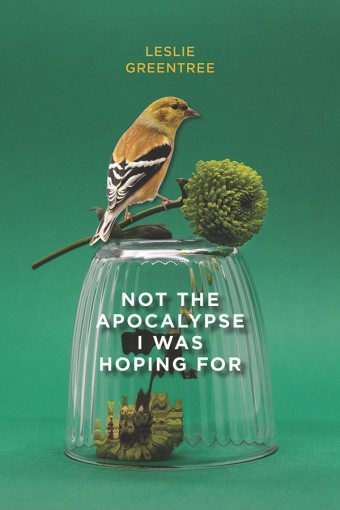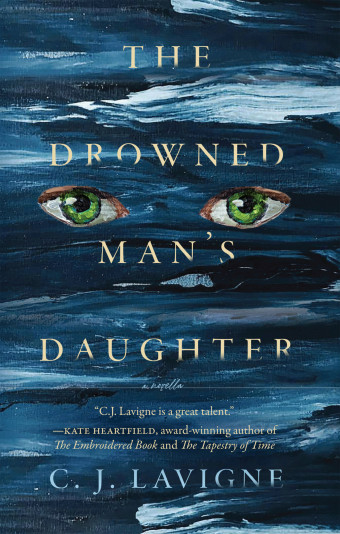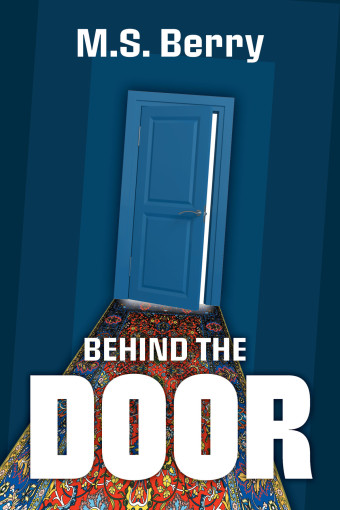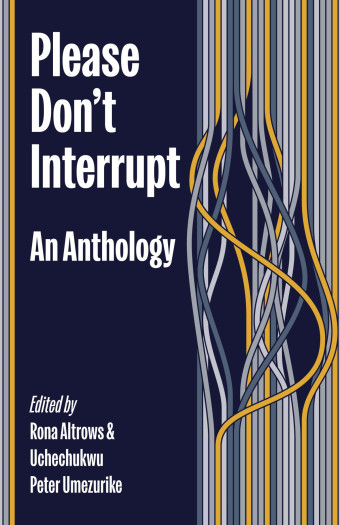“I love short stories. I love reading them, I love writing them. I love that short fiction can focus on a moment, a single situation, or a brief period of time in a character’s life,” says Leslie Greentree about her return to the short form with her new story collection, Not the Apocalypse I Was Hoping For. Her writing career has spanned poetry, theatre, and non-fiction, as well as fiction – she even has a novel in the works – but the short story fulfills a special purpose.

- Not the Apocalypse I Was Hoping For
- Leslie Greentree
- University of Calgary Press
- $24.99 pb, 190 pages
- ISBN: 978-1-77385-369-7
“A short story can be left unresolved and still be deeply satisfying to the reader in a way that a novel left unresolved couldn’t be,” the author based in Red Deer, Alta., says. “Short fiction gives me the space to explore a range of unrelated ideas in the limited writing time that I have.”
As her writing career progresses, Greentree finds herself taking some narrative and artistic risks. “The longer I write, the freer I feel to be playful in my writing,” she says. “In this collection, that might come across in terms of the addition of Gothic elements to some of the stories, or the satirical bent to others, but also in terms of my willingness to take on more overtly political topics.”
And the span of topics in the stories collected in Not the Apocalypse I Was Hoping For is impressive. The title story follows a self-fashioned action hero who stays behind in a town evacuated because of encroaching wildfires. The narrator skulks around the empty streets, avoiding detection by rescue crews and police, all while becoming a minor social media celebrity as evacuated residents ask him to check on the things they’ve had to leave behind.
“The Room of Pickled Foods” sees a young boy at his grandfather’s funeral. All the family members recall the grandfather’s penchant for practical jokes, even when the result was more emotionally damaging than funny. And hoping to make a fitting tribute himself, the boy plays a small joke of his own with decidedly negative results.
The collection is bookended with the stories “Exit Interview #1” and “Exit Interview #2.” The first is narrated by Camille, whose mother is dying of cancer but working feverishly on a performance art piece to debut after her death. The second story centres on a man whose experience of the piece leads him to new perspectives about other aspects of his life. These stories work well to encapsulate the shared ideas throughout the collection.

“There are recurring themes of death and loss, themes of artistic expression, themes of presentation of self, of the political and the personal, threaded through a variety of stories and voices. And through it all, flawed, flailing people,” Greentree says.
Those fallible, often difficult characters are perhaps the most standout element of the collection as a whole. Greentree is drawn to creating such characters. “They’re more interesting to create. It’s a challenge, and a delight, to get into the heart of a flawed character and find their humanity, their relatability,” she says.
Even with its heavy themes, the collection is not oppressively dark.
“There’s more death in this book, because, unfortunately, the older we get, the more experience we have with death,” Greentree adds, “but I think – I hope! – there’s also a lot of fun in this book.”













